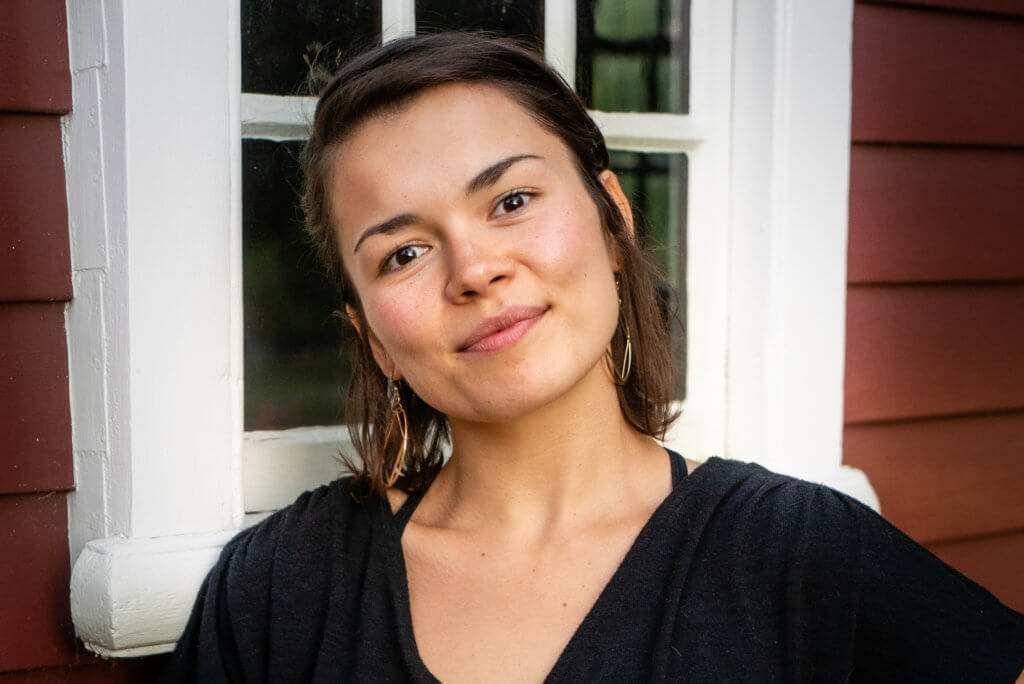Episode
Highlights
NOSTALGIC CHILDHOODS
“My grandfather, grandmother, and aunt lived on the first floor. My father’s brother and his family lived on second floor. And we lived on third floor.”
—MARIANNE
“The rooms were separated into a bedroom for the boys, a bedroom for the girls, and there were three of each of us. If you looked at it now, it’d be ridiculously cramped. But when we were kids, it just didn’t feel that way.”
—LOU
“There were always people around and people watching out for you, watching out for your well-being. The double-edged sword is that there was no place to hide.”
—MARIANNE
“The first thing in the budget was food.”
—REA
“My grandmother would make homemade pasta every Monday.”
—MARIANNE
“A lot of Portuguese soup, fish.”
—LYDIA

Lou Nunes outside the three family home where he grew up in Hartford, Conn. The home is now unoccupied and boarded up. | Photo: Alex Nunes
RACIAL REALITY
“There was racial, ethnic discrimination every place you looked in this town.”
—RAY
“There isn’t an Italian-American, 50, 60, 70 years old who will not tell you about bad experiences they had as a kid in the 50s, 60s, 70s. They were brought here to work in factories and that’s all they were supposed to do. They weren’t supposed to live near you. They weren’t supposed to interact with you, whoever you were.”
—RAY
SUBURBAN HEAVEN
“There was, in many ways, an increasing need to create a new America, at least for quote white people, driven by the car and that loved the suburban split level house. And there was a sense to which you were delivered to heaven.”
—MARC
“It was different. And I didn’t know that it was a sense of loneliness. And then, one Saturday morning, I woke up, and I could hear this raucous laughing and giggling and teasing. And in the basement, was my mom and my aunts. And there was a family wedding coming up, and so they were there, in the basement, making Italian pastries and cookies for the wedding. And that was the first time I realized how much I missed all of that.”
—MARIANNE

Vasco Massa, Greg Costa, Lydia Costa, and Mary Madeiros inside their family’s triple decker home in Fall River, Mass. | Photo: Alex Nunes
TRIPLE DECKER LEGACY
“It is comforting to have the house that you came to. The house that my parents lived in and worked so hard for.”
—LYDIA


